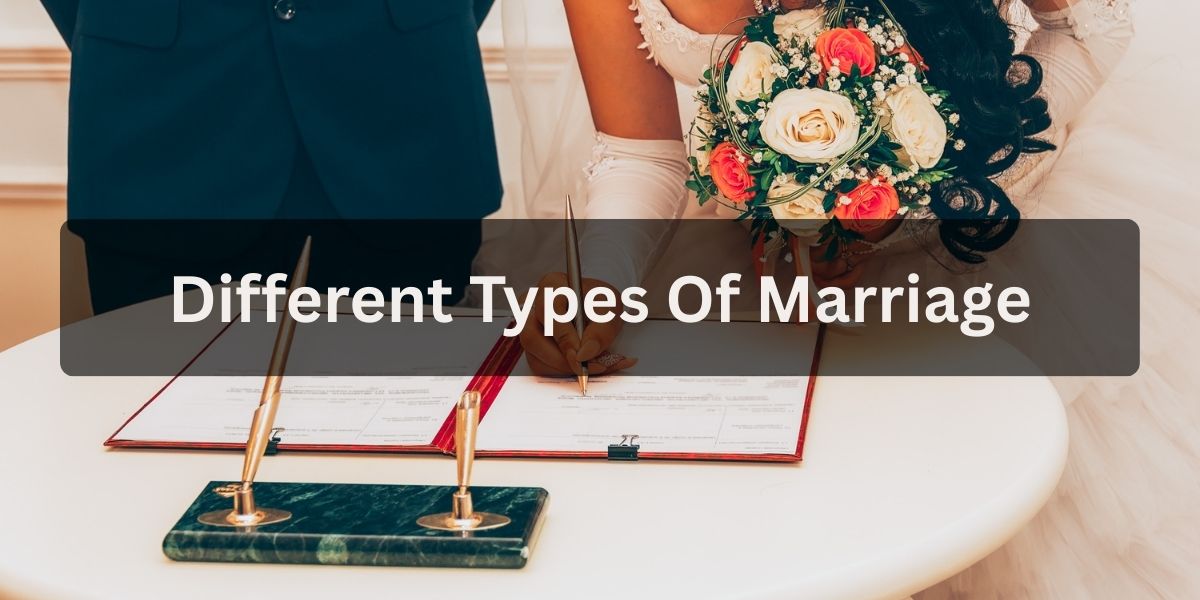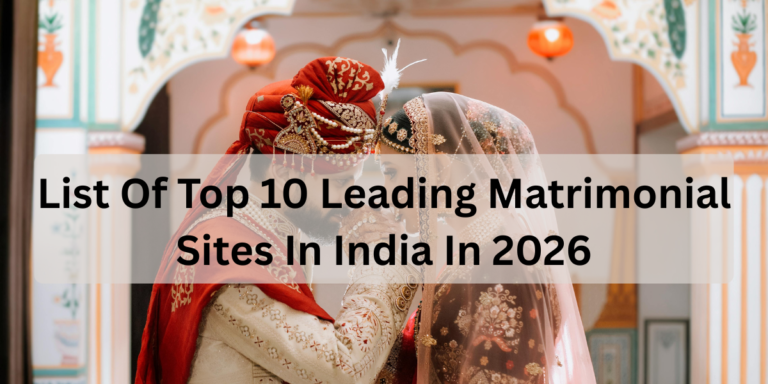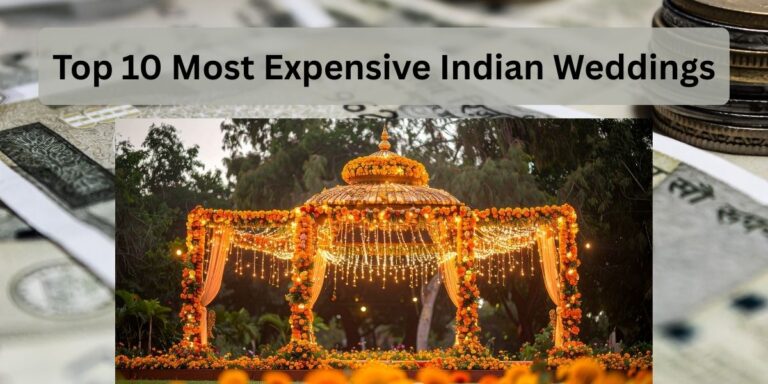Different Types Of Marriage
Marriage is a social institution or legal contract establishing the recognized union between two individuals, typically involving emotional, romantic, or sexual intimacy. It is a formalized commitment that signifies a shared life journey, mutual support, and often the intention to build a family or household together. While the specific customs, rituals, and legal requirements surrounding marriage vary across cultures and societies, the core elements typically include mutual consent, commitment, and the expectation of fidelity and support between partners. Marriage serves various purposes, including providing social stability, legal protections, and emotional fulfillment, and it plays a significant role in shaping family structures and relationships within societies.
Marriage is a religious function that functions in various forms and has different cultural, legal, and social implications. Every religion has different rules and functions for performing marriage in society.
Let’s discuss some of them:-
Monogamy Marriage:-
Monogamy marriage is the traditional form of marriage where two individuals commit exclusively to each other. In a monogamous marriage, partners agree to be sexually and romantically exclusive, forsaking relationships with other people. Monogamy is the most common form of marriage in many cultures and societies around the world, and it is often rooted in cultural, religious, or personal beliefs about commitment, loyalty, and love.
We can define monogamous marriage as a long-term relationship or a single partnership.
Group Marriage:
Group Marriage, also known as polyamorous or polygamous marriage, involves multiple partners who form a committed relationship together. Unlike monogamous marriages involving only two individuals, group marriages can involve three or more consenting adults who share emotional, romantic, and sometimes sexual connections. Group marriages can take various forms and may have different structures, agreements, and dynamics depending on the individuals involved. These arrangements often require open communication, trust, and mutual respect among all partners to maintain a healthy and fulfilling relationship.
Arranged Marriage:
In arranged marriages, the families or guardians, and matrimony. Arranged Marriage is a marital union where families, rather than individuals, take the lead in selecting a spouse for someone. In many cultures and societies, parents or other relatives play a central role in arranging marriages, considering factors such as social status, economic stability, and family compatibility. While the degree of choice and consent can vary, arranged marriages often involve mutual agreement between the individuals involved. They are prevalent in various parts of the world and are often seen as a cultural or traditional practice aimed at ensuring familial harmony and stability.
Love Marriage:
Love Marriage refers to the marital union where individuals choose their perfect life partners based on mutual affection, attraction, and personal compatibility. Unlike arranged marriages, which are facilitated by families or other intermediaries, love marriages occur when individuals independently decide to marry someone they have fallen in love with. Love marriages are prevalent in societies where individuals have the freedom to choose their partners based on romantic feelings and personal preferences rather than familial or societal expectations. They are often seen as a celebration of individual autonomy and the pursuit of personal happiness in relationships.
Civil Marriage:
Civil Marriage is a legal union between two individuals that is recognized by a government authority, typically a civil registrar or a similar institution. It is distinct from religious marriage in that it does not involve any religious ceremony or affiliation. Instead, civil marriage is based on legal procedures and requirements set forth by the government. Civil marriages grant couples legal rights and responsibilities, such as property rights, inheritance, and tax benefits, without necessarily involving any religious or spiritual elements. They are often conducted in a courthouse or government office and are recognized as legally binding contracts between the parties involved. On the other hand, court marriage permits couples to get married with approval from a court of law.
Religious Marriage:
A marriage ceremony performed within the context of religious and cultural tradition, often involving specific rituals, vows, and practices dictated by that religion. Every religion has its own culture of performing marriage. Religious marriage is a union between two individuals that is recognized and sanctioned by a religious authority, such as a church, mosque, synagogue, temple, or other religious institution.
Unlike civil marriage, which is based on legal requirements set by the government, religious marriage often involves specific rituals, ceremonies, and traditions dictated by the religious faith of the individuals involved. Religious marriages typically carry spiritual significance and may involve vows or commitments made before a religious leader or within a sacred space. While the legal recognition of religious marriages can vary by jurisdiction, they hold immense cultural, social, and spiritual importance for many individuals and communities around the world.
Common-Law Marriage:
A common-law marriage is a type of marriage that does not require a civil or religious ceremony. Instead, the parties involved agree to consider themselves married. However, this form of marriage is quite rare nowadays, primarily due to the legal issues surrounding property and inheritance that arise in complex urban societies.
Same-Sex Marriage:
Same-sex marriage refers to the legal union between two individuals of the same gender. It grants them the same rights and responsibilities as heterosexual couples in terms of marriage ceremonies, including property rights, inheritance, and medical decision-making. Same-sex marriage has been a topic of significant social and legal debate worldwide, with many countries legalizing it over the past few decades as part of advancing LGBTQ+ rights and equality.
Open Marriage
Open marriage is a type of relationship where partners agree to allow each other to engage in sexual or romantic relationships with other people outside of the primary partnership. The terms and boundaries of an open marriage can vary widely, with some couples setting specific rules or guidelines to govern their outside relationships. Open marriages are often based on principles of honesty, communication, and mutual consent, but they can be complex and require a high level of trust and emotional maturity from all parties involved.
CONCLUSION:
These are the types that are followed in society to bind two individuals among different religions by different cultures.
Related Article:-








